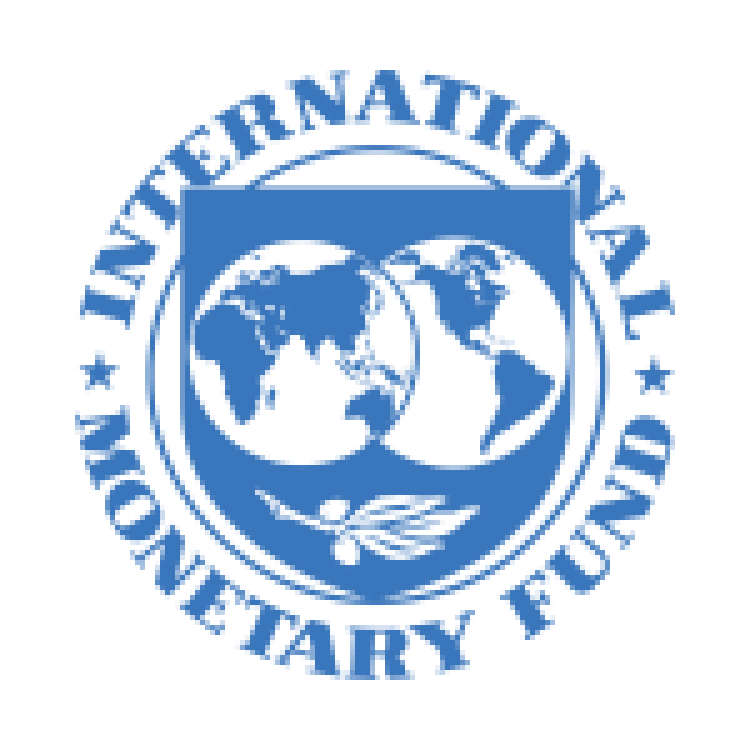
Chief Delegate of the Delegation of German Industry and Commerce in Sri Lanka, Marie Antonia von Schönburg said that Sri Lanka’s lack of transparency and consistency “are significant hurdles in attracting and retaining foreign investments in Sri Lanka.”
In an interview with the Daily Mirror, this week, she said the “sudden policy changes such as the increase in VAT at short notice, make it difficult for businesses to plan ahead. This affects not only foreign but also local businesses. Long-term, transparent policies are essential for fostering a conducive investment environment. Without them, it’s difficult to attract new FDIs and ensure the sustainability of existing investments.”
She also opined that the ineffectiveness of the legal system in handling investment-related matters in Sri Lanka is a hindrance.
“Despite the existence of laws, implementation remains a challenge, which may deter investors from choosing Sri Lanka over other alternatives. By addressing investors’ concerns about corruption and inefficiency, Sri Lanka is now seeking to create a transparent and predictable environment that facilitates investment and ensures the protection of investors’ rights.”
She also added that Germany has first hand experience of Sri Lanka's lengthy legal proceedings, spanning several years, and emphasised the need for reforms to speed up dispute resolution and improve investor confidence. “By addressing these inefficiencies, Sri Lanka could boost investor confidence and promote a culture of trust and accountability in its business ecosystem.”
This is not the first time that foreign officials have sounded the alarm over Sri Lanka's apparent lack of transparency and accountability. When the International Monetary Fund (IMF) reached an agreement with Sri Lankan authorities to unlock the second tranche of bail-out funds worth approximately US$330 million, it also referenced concrete steps that Sri Lanka must take to strengthen accountability.
When it released a statement that it was able to agree with the Sri Lankan government stating "macroeconomic policy reforms are starting to bear fruit and the economy is showing tentative signs of stabilization" it also added, "concrete steps towards addressing corruption risks and strengthening accountability will be essential for rebuilding economic confidence and making growth more robust and inclusive".

